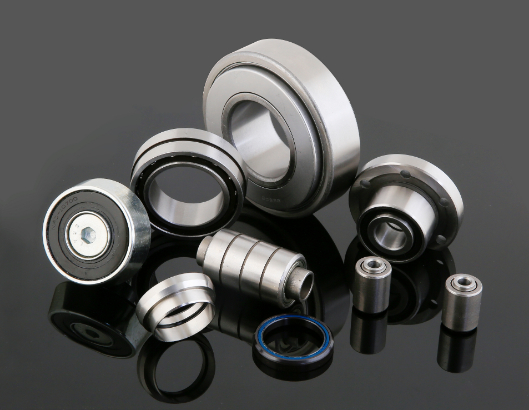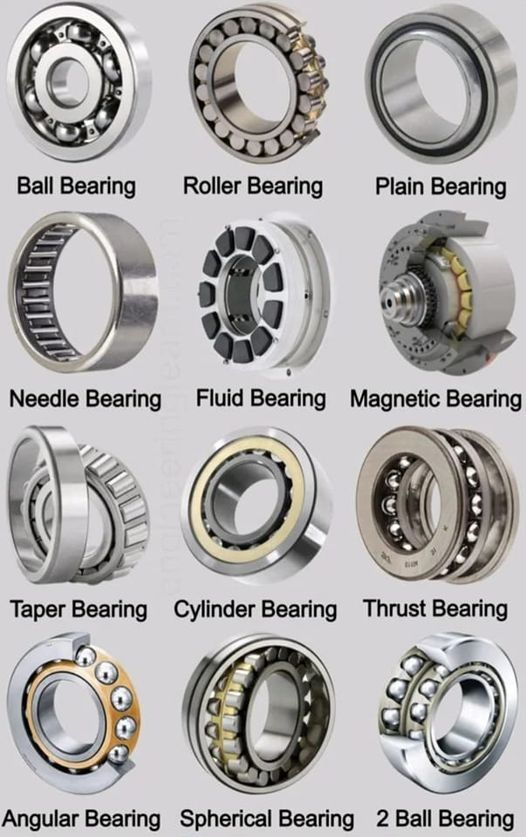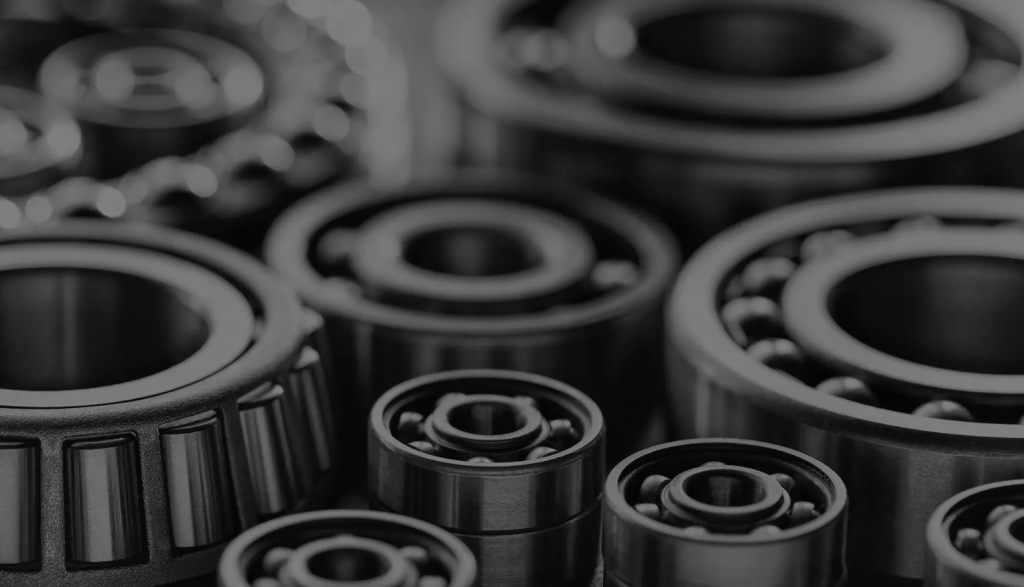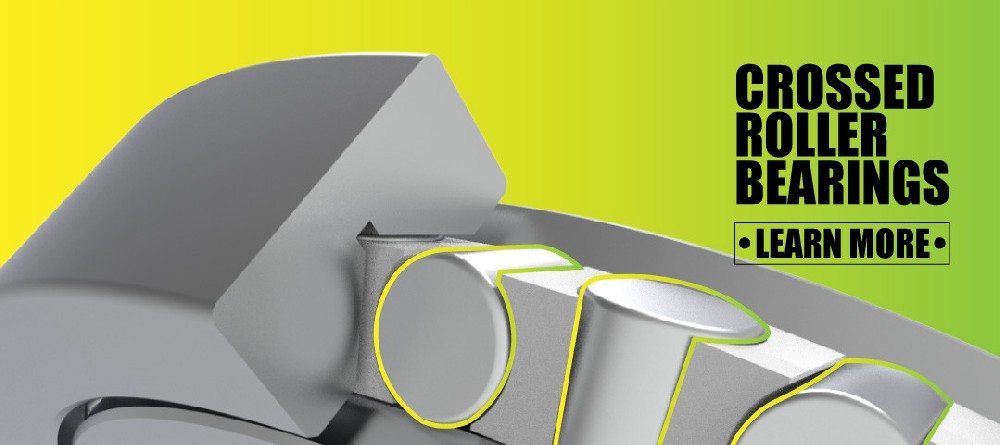In modern machinery, every component plays a critical role in ensuring smooth operation, reliability, and efficiency. Among these components, Customized Bearing Benefits are: they carry loads, reduce friction, and allow rotational or linear movement with precision. For decades, standard bearings have been used across industries, providing general-purpose solutions for machinery and equipment. However, as machines become faster, heavier, and more specialized, the limitations of standard bearings are becoming increasingly evident.
This is where 定制轴承 come into play. Unlike standard options, these bearings are engineered to meet the exact demands of a machine, whether it’s handling higher loads, operating at extreme speeds, or functioning in challenging environments such as high temperatures, corrosive conditions, or dusty settings.
Customized Bearing Benefits That Outperform Standard Bearings
By tailoring dimensions, materials, tolerances, and internal designs, customized bearing enhance performance, extend lifespan, and reduce maintenance requirements, ultimately boosting efficiency and reducing operational costs.

For industries seeking reliability, precision, and long-term savings, understanding the benefits of customized-bearing is essential.
In this guide, we will explain the advantages, applications, selection process, and cost considerations of customized-bearing, helping you make informed decisions for your machinery.
What are the Customized Bearing?
一个 定制轴承 is designed to meet the exact requirements of a machine or operational condition. Unlike standard bearings, which have fixed dimensions and tolerances, customized-bearing allow adjustments in size, material, coatings, and internal geometry. Visit 这里!
Features of Customized-Bearing:
- Precision fit to minimize friction
- Materials chosen for specific operating conditions
- Ability to handle radial, axial, or combined loads
- Optimized lubrication paths for smoother operation
Imagine a high-speed production line where every rotation counts. A customized-bearing ensures each movement is fluid, precise, and uninterrupted, keeping operations running efficiently.
Key Takeaways:
- Customized-bearings are tailored to machine requirements
- They improve reliability and reduce wear
- They adapt to specific operational environments
6 Top Benefits of Customized Bearing
Customized-bearings offer advantages that standard bearings cannot match. These benefits directly impact performance, maintenance, and costs.
1. Optimized Performance
Bearings designed for specific loads, speeds, and environments run more smoothly, reduce energy loss, and improve efficiency.
2. Extended Lifespan
Tailored materials and precise tolerances reduce friction and wear, allowing bearings to last longer than standard versions.
3. Lower Maintenance Costs
Longer-lasting bearings require fewer replacements and inspections, minimizing downtime and labor costs.
4. Higher Load Capacity
Customized-bearing can handle heavier or irregular loads, making them suitable for demanding machinery.
5. Environmental Adaptability
Specialized coatings and materials allow bearings to operate in extreme temperatures, moisture, dust, or corrosive environments.
6. Noise and Vibration Reduction
Optimized internal design reduces vibration and noise, improving machine precision and creating smoother operation.
Comparison Table: Standard vs Customized-Bearings

| 特征 | 标准轴承 | 定制轴承 |
|---|---|---|
| Lifespan (hours) | 20,000 | 28,000 |
| Load Handling Capacity | 中等的 | 高的 |
| 维护频率 | 高的 | 低的 |
| 环境阻力 | 有限的 | 高的 |
| Noise and Vibration | 缓和 | 低的 |
Customized-bearing are widely used across industries that demand reliability, precision, and durability.
1. Automotive Industry
Electric motors and high-performance engines benefit from bearings designed to reduce friction, improve efficiency, and enhance energy transfer.
2. Industrial Machinery
Heavy machinery like conveyors and presses use customized-bearing to handle high loads and maintain continuous operation.
3. Robotics and Automation
Robotic joints require bearings engineered for high-speed rotation and minimal vibration, ensuring accuracy and longer service life.
4. Renewable Energy
Wind turbines and solar trackers use bearings built to handle variable loads and extreme weather conditions.
5. Food and Chemical Processing
Corrosion-resistant bearings help maintain hygiene standards and ensure smooth operation in moist or chemically active environments.
Benefits in Practice:
- Improved precision and accuracy
- Longer service intervals
- Reduced operational noise
- Adaptability to challenging environments
Choosing the Right Customized-Bearing
Selecting the proper 定制轴承 requires understanding operational requirements and machine specifications.
分步指南:
1. Analyze Operational Requirements
Determine the type of load, speed, rotation direction, and environmental conditions. This guides the selection of the correct bearing type and material.
2. Material Selection
- Steel: high strength and durability
- Ceramic: lightweight, corrosion-resistant, high-speed applications
- Polymer: low friction, noise reduction, chemical resistance
3. Tolerance and Precision
Bearings with higher precision ensure smoother operation, less heat generation, and longer life.
4. Lubrication and Sealing
Decide between sealed, open, or specialized lubrication channels to minimize wear and prevent overheating.
5. Consultation with Manufacturer
Working with a supplier ensures the design meets operational requirements and adheres to industry standards.
6. Installation Considerations
Proper installation, alignment, and handling are essential to maximize bearing performance.
成本考虑
While customized-bearing may cost more initially, their benefits often outweigh the upfront price.
需要考虑的因素:
- Reduced downtime lowers production losses
- Extended lifespan decreases replacement frequency
- Lower maintenance costs reduce labor and materials
Total Cost Comparison Table
| 方面 | 标准轴承 | 定制轴承 |
|---|---|---|
| Initial Purchase Cost ($) | 200 | 350 |
| Annual Maintenance Cost ($) | 5,000 | 3,200 |
| Downtime Loss per Year ($) | 10,000 | 4,000 |
| Total Cost Over 5 Years ($) | 65,000 | 41,000 |
This shows that the long-term savings from customized-bearing often offset higher initial costs, making them a cost-effective solution.
Q1: Can customized bearings replace standard bearings in existing machines?
Absolutely. Customized bearings are designed with precision to match the dimensions and performance requirements of existing systems. When accurate measurements are taken and installation is done correctly, they can seamlessly replace standard bearings — often enhancing efficiency, durability, and load-handling capacity.
Q2: How long does it take to produce a customized bearing?
Production time varies depending on the complexity of the design and material selection. On average, it can take anywhere from 3 to 8 weeks, including design consultation, prototyping, and quality testing. However, urgent projects may be expedited through specialized manufacturing processes.
Q3: Are customized bearings suitable for extreme conditions?
Yes, customized bearings are ideal for extreme environments. Engineers can select materials and coatings tailored for high temperatures, heavy loads, corrosive atmospheres, or high-speed operations. This ensures long-term reliability and stable performance, even in demanding industrial or outdoor settings.
Q4: How often should customized bearings be inspected?
Customized bearings typically have longer service intervals than standard ones, thanks to optimized geometry, lubrication, and material enhancements. However, it’s best to perform routine inspections every 6 to 12 months, depending on the operating environment, to detect early signs of wear or contamination.
Q5: Which industries benefit most from customized bearings?
A wide range of industries benefit from the precision and performance of customized bearings, including:
-
Automotive & Aerospace – for improved fuel efficiency and reduced friction.
-
工业机械 – to enhance reliability and uptime in production lines.
-
机器人技术 – for smooth, precise motion control.
-
可再生能源 – especially wind turbines and hydro systems that demand durability.
-
Food & Chemical Processing – where corrosion-resistant, hygienic designs are crucial.
Q6: Do customized bearings reduce vibration and noise?
Yes. Through advanced engineering and precise internal geometry, customized bearings minimize vibration and operational noise. High-quality materials, improved surface finishes, and balanced load distribution contribute to smoother, quieter operation — ideal for applications where stability and acoustic comfort are important.
Choosing the right bearing can make a significant difference in the performance, efficiency, and longevity of machinery. While standard bearings serve general purposes, they often fall short in demanding environments or specialized applications. 定制轴承 provide a tailored solution, designed to handle specific loads, speeds, and environmental conditions with precision. By optimizing materials, tolerances, and lubrication paths, they reduce friction, minimize wear, and extend operational life.

